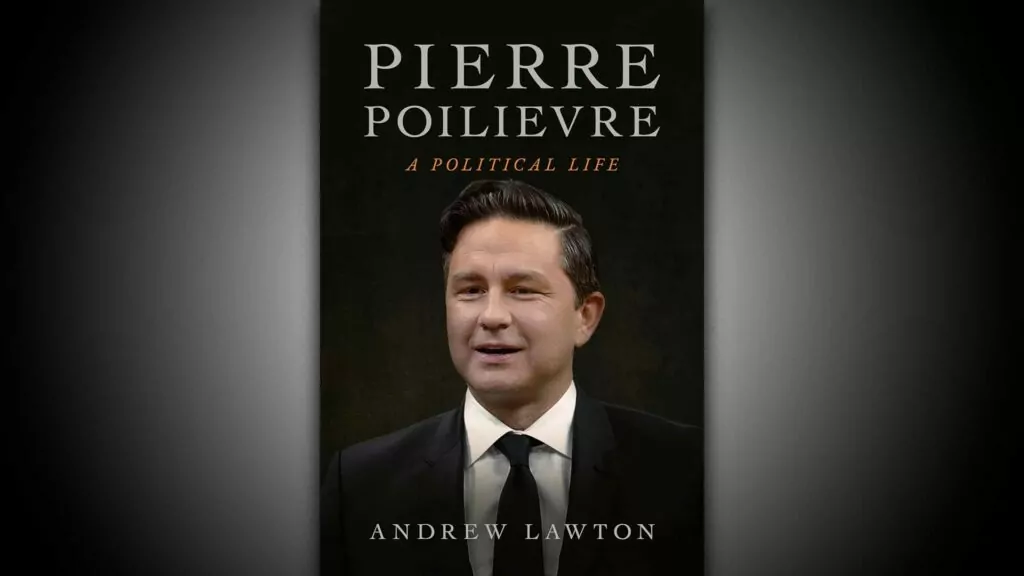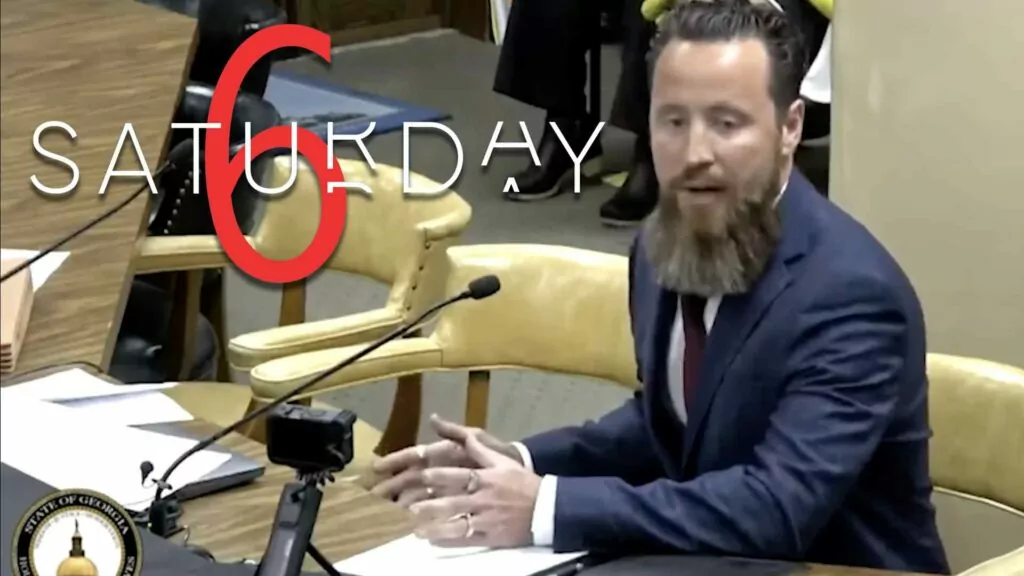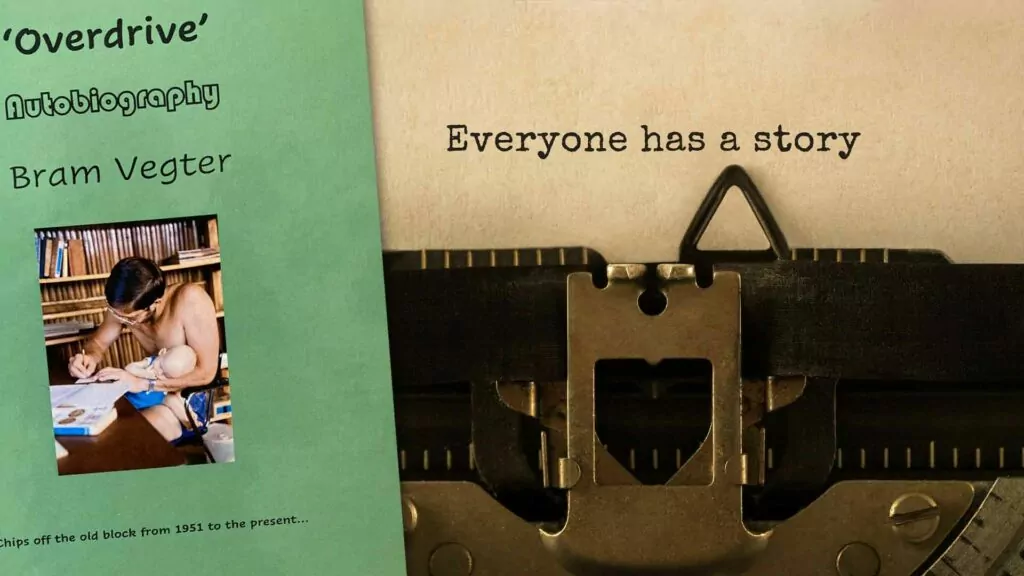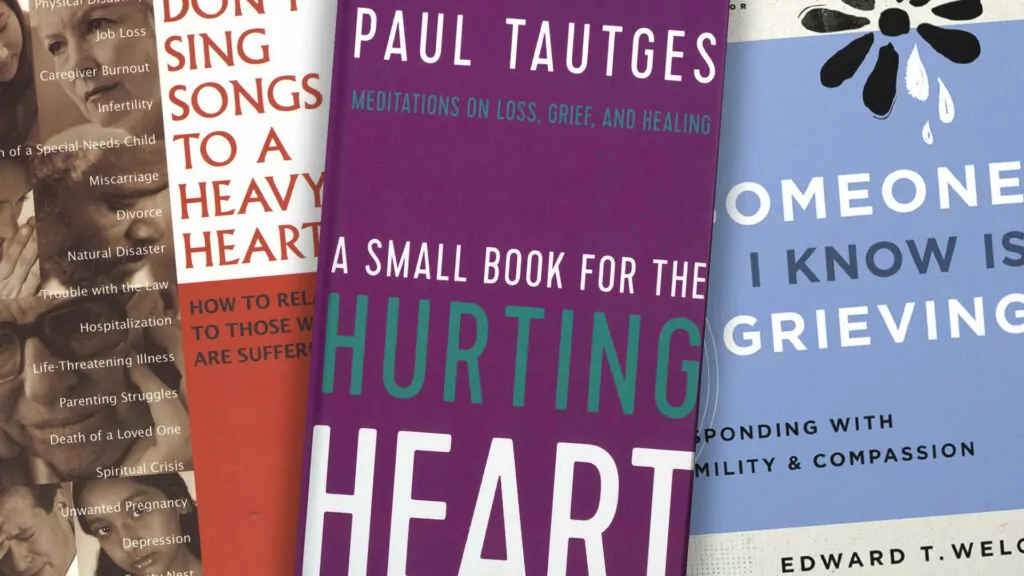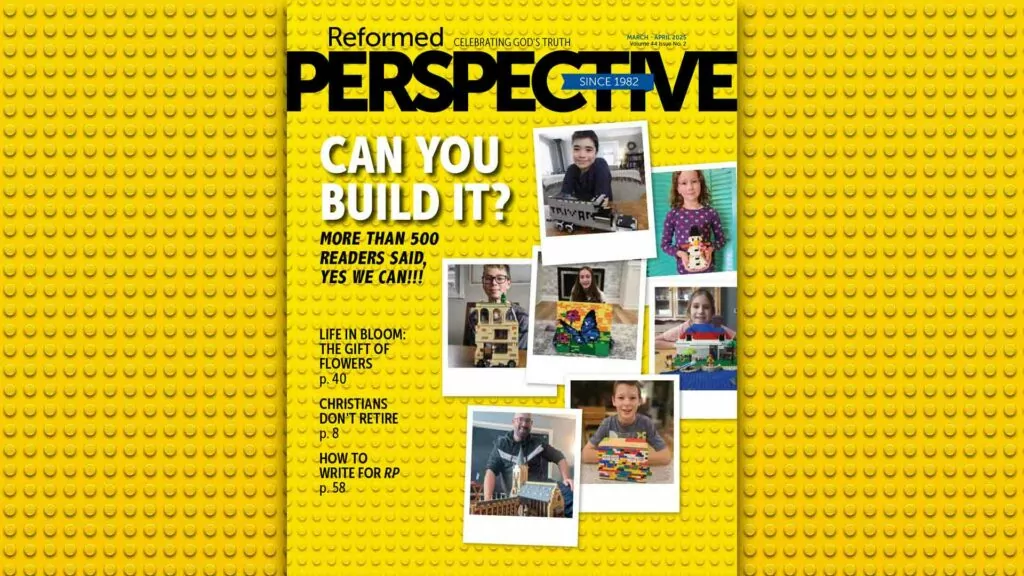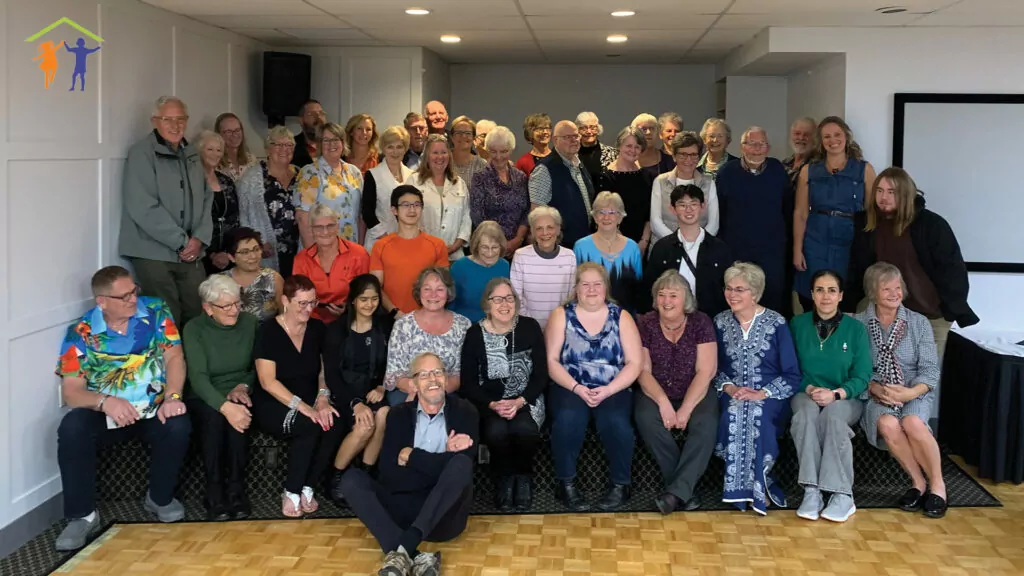
News
Becoming Chinada? – a look at our country, from the eyes of a recently arrived Chinese family
"The creatures outside looked from pig to man, and from man to pig, and from pig to man again; but already it was impossible to say which was which."
Everyone should recognize this passage as the dreary finale of George Orwell’s Animal Farm. While it can be a slow journey from pigdom to humanity – from oppressed to oppressor – one who watches can see signs of the slide to where “some are more equal than others.”
Liang and his wife Qi are uniquely positioned to observe this slide. They recently emigrated from China to Ontario.
My husband and I sat down with their family a few weeks ago and they opened up a page from their history. When I asked them, “So why did you come to Canada?” their 9-year-old piped up, “Because we had too much homework in China!” We all laughed, but in his own way, the kid was right on.
Liang was quick to explain, “We came to give our children a better future, and some real options when they grow older.” Options are exactly what the young Chinese person does not have. There is only one road to success: do well in school, go to university, graduate with good marks, wear a suit and live the Chinese dream. The one rule which cannot be broken is compliance. Students must answer the same, act the same, wear uniforms, sport the same hairdo and walk in lockstep with the regime. “It’s like students walking into a factory and each coming out the exact same,” Liang commented.
Critical thinking is shunned. Commands must be followed to the letter. These are the winners in Chinese society. And the losers? They become tradesmen, groveling in dirt, shame and dishonor. “Tradesmen often give up on themselves, use drugs, find mediocre jobs – and live the animal life,” Liang said.
Why this big focus on compliance? Liang says it’s because robot citizens are easily controlled. And control is what the Chinese government is all about. Liang’s family experienced new layers of repression as the government’s “social credit” system was rolled out, which brought with it closer scrutiny of individual’s behavior. Liang and Qi saw that coercion grow to stifling levels under COVID, being forced to spend months on end stuck inside their house. They wanted better for their kids. In 2020, they made the decision to move to Canada, but weren’t able to actually leave China until a few years later. When the family did finally arrive in southern Ontario, they were ready for a fresh start, fresh opportunities and freedom.
The family began adjusting to Canadian culture. But Liang began to see little things about Canada that reminded him of China.
“The symptoms are the same,” Liang explained, describing a concerted attempt to destroy freedom and democracy. He sees socialism as a train, with education and censorship pulling hard as locomotives. The ultimate destination? A place eerily similar to totalitarian China.
Influencing what’s said and read
Censorship of free speech and the media became abundantly obvious to the average Canadian during COVID. Then, as a result of Trudeau’s 2023 Online News Act, Google and Meta (Facebook and Instagram) were told to either pay the government millions, or restrict users from sharing news articles. Google chose to pay $100 million a year, and Meta decided to put a news ban in place rather than pay out. This ban has greatly decreased online discourse and hurt small news outlets across the country, which had already been on the cusp of shutting down.
Further restrictions were pursued in the 2024 Online Harms Act which has not yet been passed. In the name of safety, the Liberal government was seeking more control. Space doesn’t permit getting into the details, but Jordan Peterson called it “truly the most authoritarian law conceivable.”
And of course, there’s the government’s ongoing funding of the CBC, at $1.4 billion a year, effectively cementing its role as a Liberal mouthpiece.
As Christians, we staunchly believe in the freedom to speak the truth. As Peter and the apostles responded to the high priest and council, “We must obey God rather than man” (Acts 5:29). On a civil level, that manifests itself as freedom of speech. But when government doesn’t acknowledge God, they start seeing themselves as the arbiters of what is true, and see for themselves an increasing role in suppressing speech they deem harmful. And so, socialism stifles free speech and the spread of truth, instead requiring citizens pay homage to the government.
Molding the next generation
Talking about education really got Liang going. His kids have been in the system for some time now, and it’s “a different method for the same purpose” in Liang’s books.
“They’re trying to kill your thoughts… In China, they make education extremely hard. Here in Canada, they try to stupefy the kids!”
There’s a strong focus, he said, on being nice, mellow and compliant. Critical thinking isn’t taught, and students are expected to regurgitate what they’re told. “Woke stuff,” Liang said, “is the ultimate compliance test. We give you absurd things to go along with and then check – are you compliant?”
Fostering anger and envy
Presenting a target of hatred is an important car in the socialism train. The most recent example of this is the Elbows Up campaign, and the increasing antipathy towards a nation who has been, by and large, an excellent ally for most of our history. This diversion tactic for the Liberal party has been shockingly successful with the vast majority of Canadians, who were once sick of Trudeau, now jumping on this bandwagon.
A more subtle element is creating artificial tension, or in Marxist terms, class warfare. Liang summed up Jagmeet Singh’s campaign as a posed dichotomy: “Do you want a government for millionaires or for the people?” That’s fair commentary, given Singh’s comments that he doesn’t work “for the rich and powerful,” but for the people, and his putting the blame of soaring costs squarely on “corporate greed.”
Singh is honing in on our inclination to covet our neighbor’s stuff… and the big boss’s position and power at work. Of course, the Bible condemns extorting the poor, and Christ calls us to avoid showing favoritism to the wealthy. But wealth in itself is not a sin – in fact, it can be the blessed result of hard work. Biblical “big bosses” like Abraham, Boaz, Job, and Joseph of Arimathea are honored as blessings to the community, and we, too, should honor those who administer well.
For Liang this is another cog in the wheel of socialism – there’s a strong push to create division between groups who historically have worked well together. Where would Canadians be without economic drivers like capitalists, corporations and entrepreneurs? Unemployed, most likely.
Scared and poor
In that train of socialism, Liang would add rising crime (which creates dependency upon the police), and rising taxes and inflation, which creates – you guessed it! – more dependency.
When those fail, there is always force. The truckers going to Ottawa and having the Emergencies Measures Act invoked on them? “That’s very Chinese,” said Liang. “After everything fails, they have the guns,” he said, recalling China’s silencing of whistleblowers.
“Lazy education, censorship of free speech, government-owned news, rising crime, taxes, inflation… It’s a master plan of socialism. The people in power remain in power, those in lower classes remain there. And everybody is supposed to be happy. You’re like pigs on a farm.”
Intentionally or not so, Liang has brought us back to George Orwell’s pigs on a farm. Given the track we’re on, is there any way to “Stop the train!”? Liang believes hope lies in providing options to our kids and teaching them to actually think. “As long as you have options, you have hope, and can choose wisely.”
Ever present refuge
It’s a troubling time, and hearing a piece-by-piece comparison of Canada and China from a veteran of communism is not encouraging. Will our nation continue its sprint towards becoming Chinada? This election is a watershed moment.
But there’s one thing George Orwell didn’t factor into his stories: God Himself. Our King reigns. As Psalm 2 declares, our King laughs in derision at the raging politicians. He will speak to them in His wrath and terrify them in His fury. So be wise, oh prime minister! Be warned, oh rulers of the earth! Serve the Lord with fear.
And for us – blessed are all who take refuge in Him. Amen.
Names and some details changed to protect sources from reprisals by the Chinese government.














